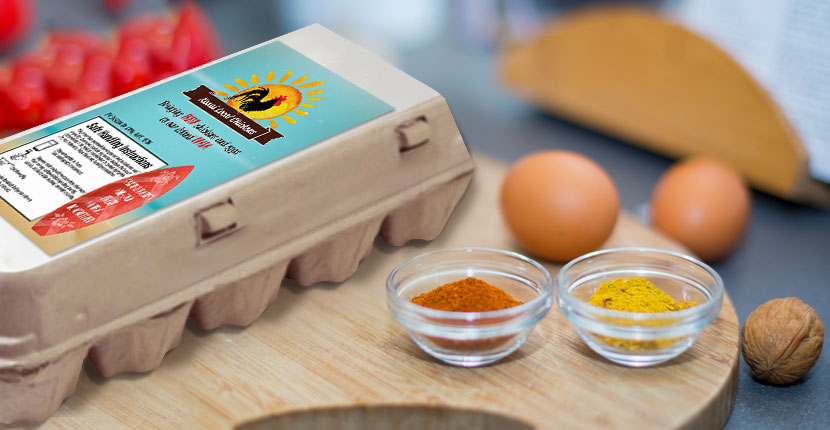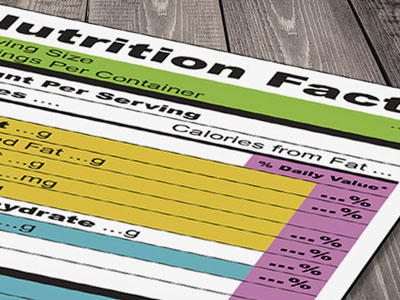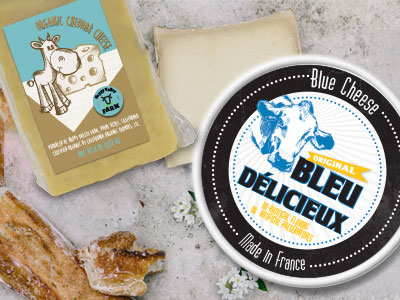For a product to be a consumer’s first choice, it has to be visually appealing and labeled correctly. That applies to egg products as well. Providing accurate nutritional and other required information on egg carton labels brings value to the product, and it is a legal requirement for all packaged goods sold in stores. It is also a common practice for egg cartons sold in farmers markets.
In the US, egg labeling is regulated by the Food and Drug Administration and the Department of Agriculture. According to their regulations egg labels usually include:
- A statement of identity, or the product name = Eggs.
- USDA’s indication of eggs grade: Grade AA or A (voluntary)
- Size of eggs – Jumbo, Extra Large, Large, Medium or Small (not required for egg carton labels that don’t include a grade mark)
- The official USDA inspection mark
- Net quantity (6 eggs, half dozen eggs, 12 eggs, dozen eggs, etc.)
- Legal line – name and address of the manufacturer, packer, or distributor
- Safe handling instructions
- Nutrition facts
- Net weight in ounces and grams (voluntary)
- Sell by/best by/use by date (voluntary)
If the eggs haven’t been treated to destroy Salmonellae before distribution, the safe handling instructions need to state: “To prevent illness from bacteria: keep eggs refrigerated, cook eggs until yolks are firm, and cook foods containing eggs thoroughly.” This statement is not necessary for pasteurized eggs, but the carton needs to include the “Keep refrigerated” label.
Egg producers can add other voluntary claims and information to provide more transparency about their product for consumers, and make their product competitive on the market. Those claims include: farm fresh, kosher, brown eggs, white eggs, locally produced, organic, no antibiotics used, cage-free, free-range, omega-3 enriched, etc. These claims need to correspond to the true condition of the hens/eggs.
Consumers often wonder about what all these claims on eggs mean. The following chart explains the most commonly used claims and information on egg labels:
(source of information: https://www.flickr.com/photos/usdagov/)
Create Egg Labels That Attract Customers
At FoodPackagingLabels.net, we offer a full range of standard label shapes and sizes that can fit on any egg carton or box, but we also offer designing custom labels that will turn your product into a recognizable brand. Our design team has a lot of experience and can easily meet your needs for an appropriate label that is created with the right label adhesive and label face stock.
One of the most commonly used and cost effective label stocks is paper, but we print on many other materials: vinyl, polyester, polypropylene, etc. Depending on your budget and the conditions that the labels will be stored in, paper labels can be laminated or not, matte or shiny, smooth or with relief image. There are a lot of possibilities, and to be sure you will make the right choice, you can order a free sample of full-color digitally printed labels, and contact our personnel for more detailed information about our services.



